Explaining what 'cannabis use disorder' is like, and the risk of serious negative effects on life after 30

In recent years, an increasing number of countries and regions have legalized recreational cannabis use, leading some to claim that it is safer than alcohol or tobacco. However, as explained by the science-focused YouTube channel Kurzgesagt, there is a risk of developing
You Need To Quit Weed. - YouTube
The statement that 'marijuana can have a devastating impact on your life' is unacceptable to pro-marijuana advocates.

However, approximately 20% of people who have tried cannabis at least once will develop a cannabis use disorder, and some of these will become severely dependent.

In the United States, the number of people using cannabis on a daily basis has been increasing even before legalization, and at the time of writing, the number of people consuming cannabis daily exceeds that of alcohol.

As of 2023, one in 15 American adults will suffer from some form of cannabis use disorder, and in the UK, cannabis is by far the most common drug for which teenagers seek help.

While discussions of marijuana generally focus on teenagers, whose brains are more vulnerable, this video explores the effects it can have on adults in their 20s and 30s.

The person who created this video says he smoked marijuana every day for 15 years.

People use cannabis for a variety of reasons, including 'I wanted to try it,' 'It helps me cope with stress,' and 'It's fun and easy to get.'
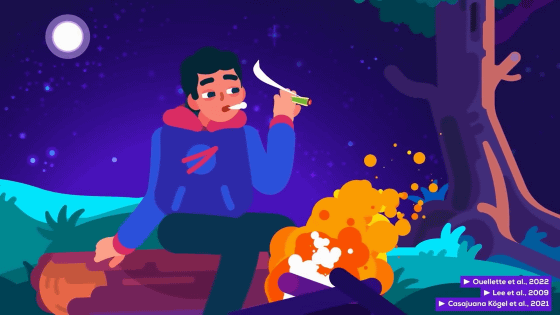
Smoking cannabis makes you feel more alive and excited, it makes music and movies more enjoyable, and it can be comforting when you smoke with friends.
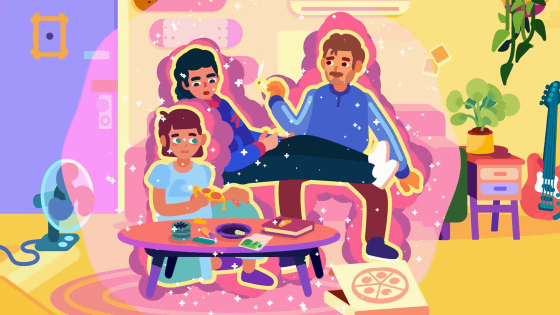
However, you should be careful about how often you use cannabis. If you use cannabis daily or nearly daily, you may be in trouble. Daily cannabis smokers have a 30% risk of developing a cannabis use disorder.
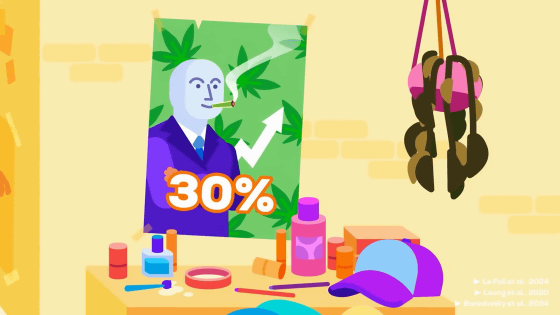
As cannabis use becomes a state of mind, the high becomes less noticeable and your life gradually becomes more centered around cannabis, causing other hobbies and commitments to become less of a priority.

Over time, the pleasurable, uplifting effects of cannabis fade and a pleasant numbing sensation takes over.
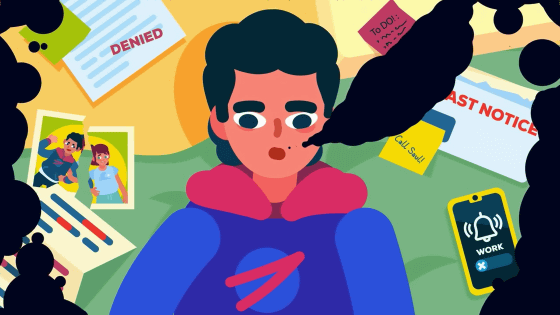
Cannabis may help you cope with stress, but it doesn't make you a stronger, better, or more resilient person. Instead, it creates a shell you can retreat into and hide your negative emotions.
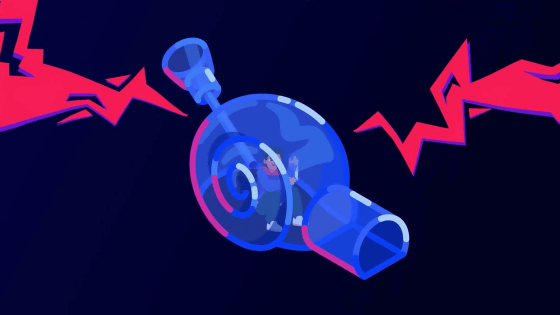
A simple test to know if you have or are on the verge of developing a cannabis use disorder is, 'Can you abstain from cannabis for four weeks starting right now?' If you feel unable to abstain from cannabis for four weeks, or if you try and fail, you may be on the verge of developing a cannabis use disorder.

Once cannabis becomes a habit, the cumulative damage it can have on your life can be enormous. One of the effects of cannabis is that it can put your life on hold.

A cannabis addict's life revolves around cannabis, and they remain in the status quo, while their body ages and their friends move up the ladder of life.
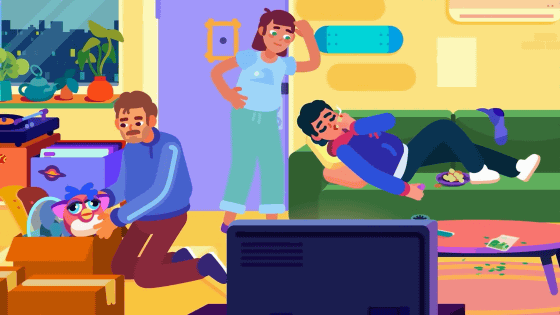
However, life changes naturally during your teens and twenties. With the support of those around you, you may be able to attend school, get a job, and have no trouble finding peers and friends even while using marijuana.
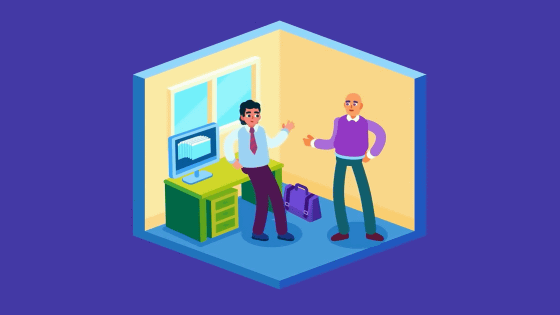
However, becoming addicted to marijuana during your teens and twenties, when you are most physically active, can have negative effects later in life. This is a time when you can gain a variety of experiences, such as playing sports, dating, staying up late with friends, and traveling.
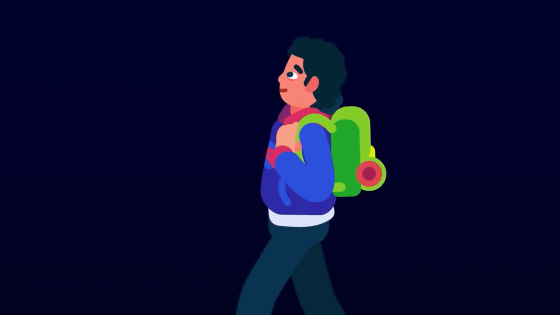
It's also easy to build a healthy social life, and the relationships you form during this time will determine your happiness for decades to come.
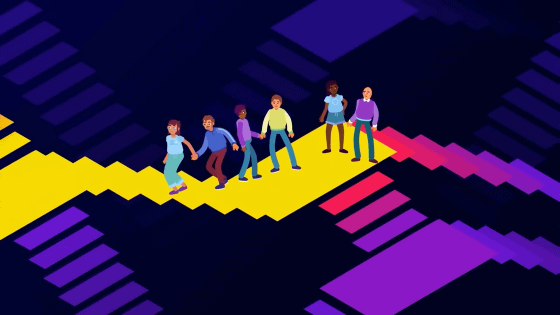
With fewer responsibilities, you can explore different areas and take risks based on your interests.
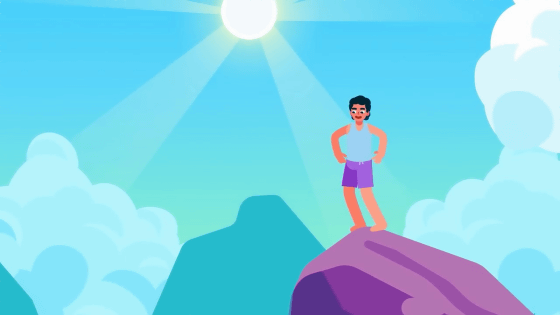
If you spend this time engaging in passive activities like using marijuana or scrolling through social media, you may regret it later.
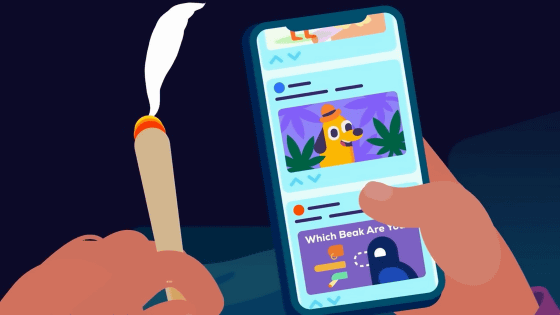
Most people reach a turning point in their lives when they naturally reduce or completely stop using cannabis. However, if you have a cannabis use disorder at this point, you may be at risk of being left behind.
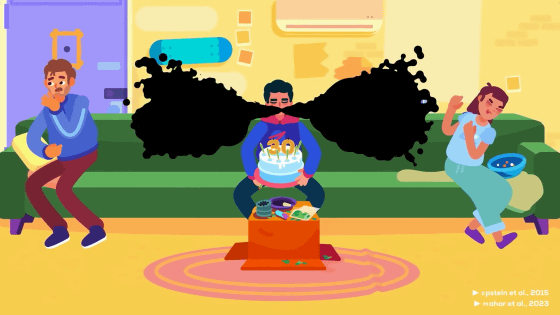
Social life is different after you hit 30, and maintaining friendships requires care, attention, and a willing investment of time.
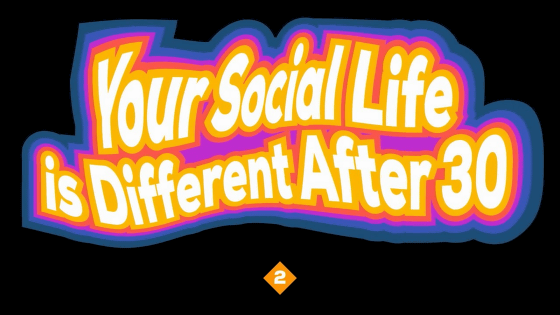
However, heavy cannabis users may experience increased social anxiety, which can lead to avoiding events and new experiences. Additionally, heavy cannabis users experience emotional numbness, which reduces
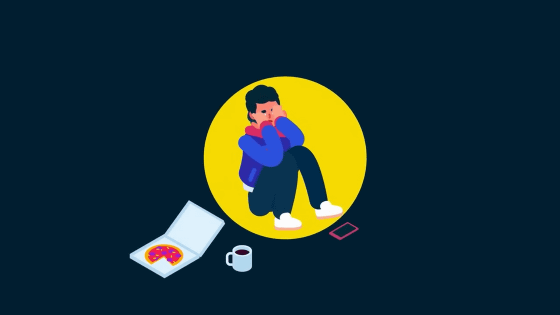
If you repeatedly cancel plans or turn down invitations, your friends will start to see you as someone who never shows up when invited or who is unreliable. These negative effects only get worse the further you get in life.
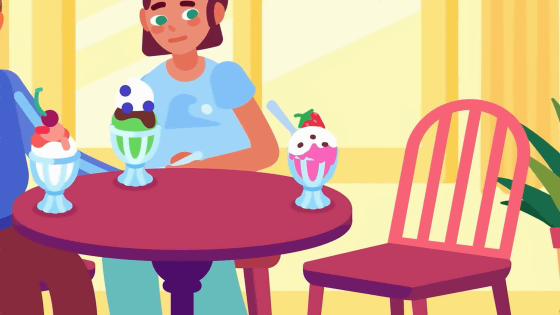
Many people with cannabis use disorders, or any other type of use disorder, gradually reduce activities and hobbies they once enjoyed and turn to drugs instead, which can lead to them drifting away from the friends and family they once connected with through those activities.
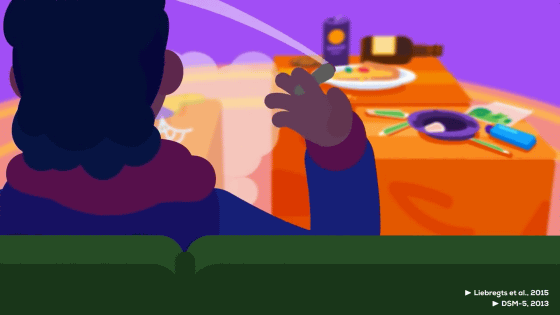
In our 30s, many of us are busy with careers, partners, travel, children, and events with close friends, making free time increasingly precious.
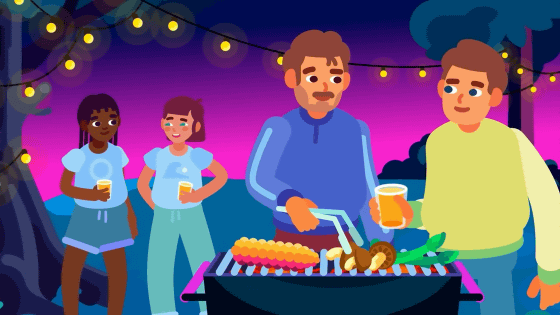
In that case, spending time smoking marijuana becomes a very low priority.
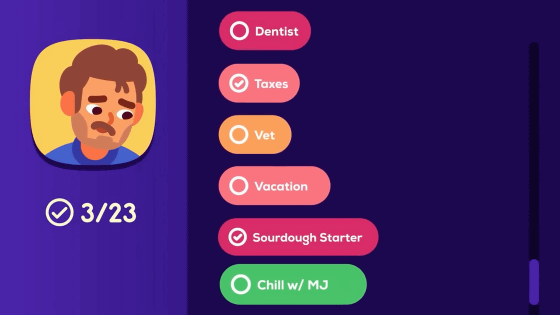
On the other hand, people with cannabis use disorder cannot stop smoking cannabis, so their values do not match those of their friends, and they tend to gradually become estranged from them.
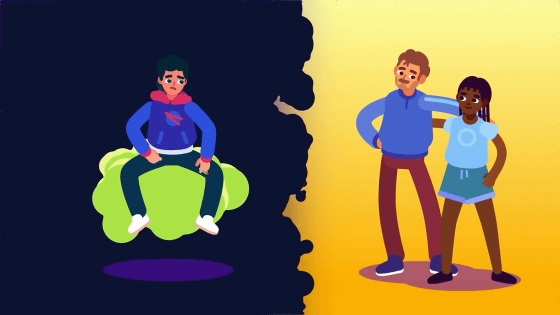
Many people with cannabis use disorder have connections with 'cannabis-smoking buddies,' but when those buddies stop smoking, they find themselves isolated.
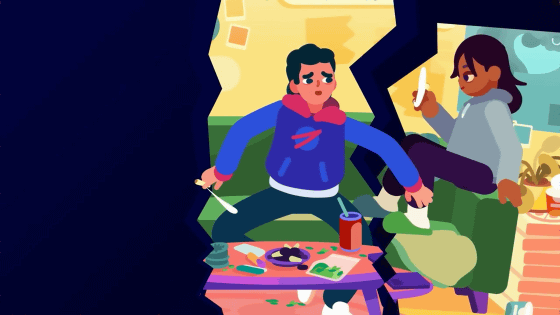
Making new friends in your 30s is harder than making new friends in your 20s, and it takes energy and motivation, but with cannabis use disorder, this motivation can be harder to find.
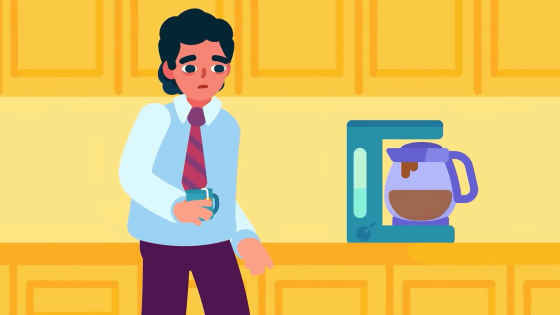
To make matters worse, lonely people turn to cannabis to escape their loneliness, creating a downward spiral that makes it difficult to stop using cannabis.
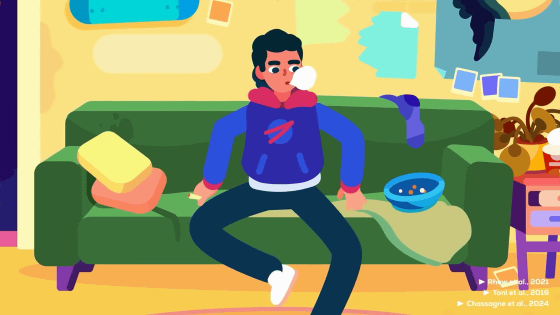
Cannabis use disorder also has a negative impact on romantic relationships, with the social anxiety and self-indulgence that cannabis brings about causing people in their 20s to put off dating and sexual exploration.
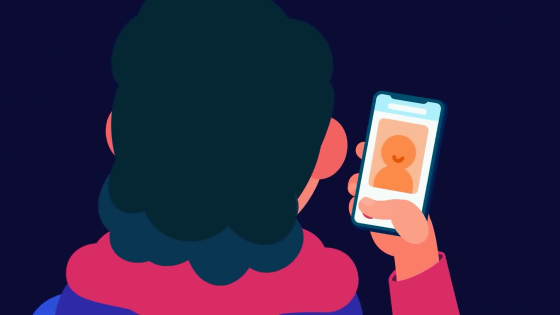
Additionally, partners of daily cannabis smokers tend to feel neglected, which can lead to a breakdown in communication and trust between couples.
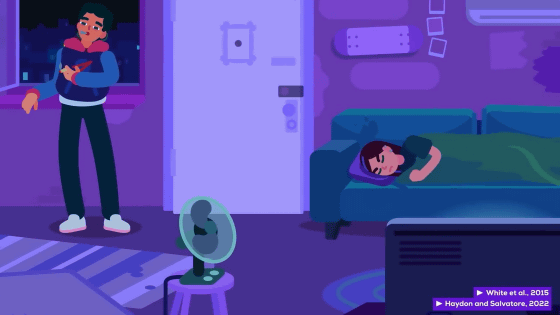
People with cannabis addictions are generally unaware of their own failings in dealing with romantic relationships, and may only become aware of their failings after a breakup.

After all, people in their 30s are looking for a partner ready to share adult responsibilities and build a life together, and those attractions are lacking for those with cannabis use disorder.
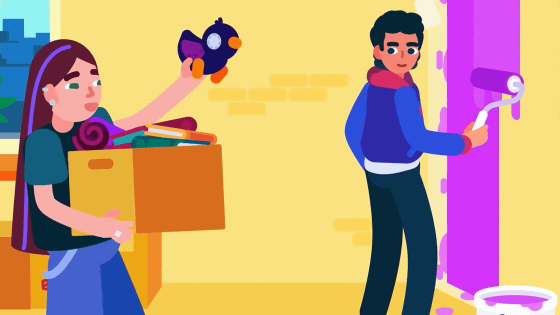
Another problem with cannabis is that it reduces motivation to achieve things.
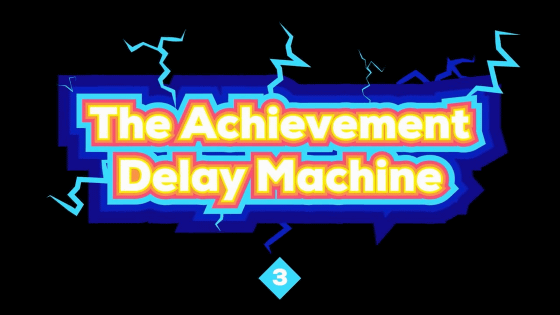
Longitudinal studies have shown that heavy cannabis use is associated with lower academic performance, lower quality of education, lower earnings, reduced savings, and less job security, even when compared with people from similar family backgrounds and social classes.
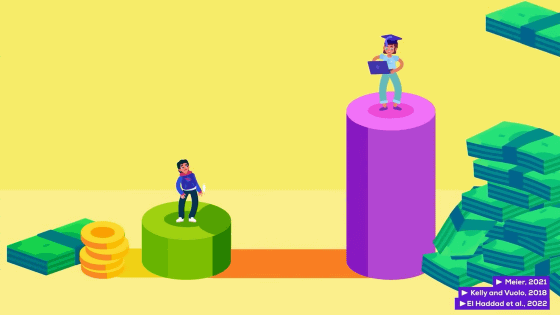
Many people with cannabis use disorder have difficulty attending work, are less productive, tend to procrastinate, and fail to meet responsibilities. The consequences of missed opportunities and poor decisions slowly but surely add up.

Additionally, cannabis use disorder can cost thousands of dollars a year, making it difficult to save money.
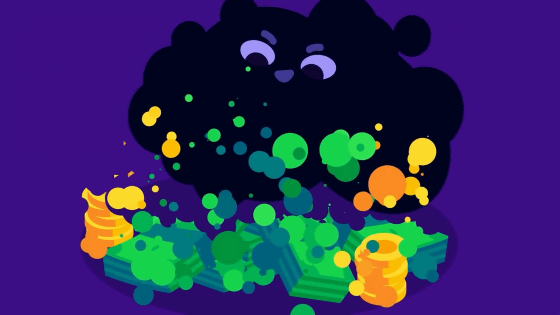
In our twenties, we generally go from being 'not very helpful' to 'good at something,' and in our thirties, our expectations of others and ourselves change.
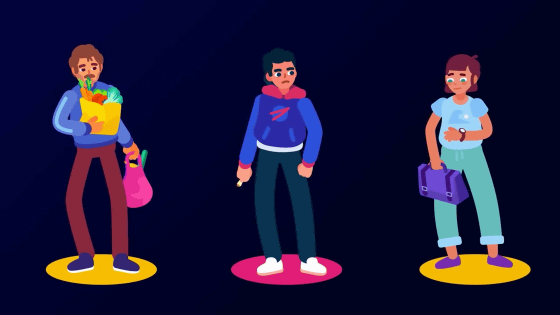
What was tolerated in younger people is no longer tolerated in their 30s, and the gap between people of the same generation widens. It is natural that there will be differences in the development of people who have been using marijuana for 10 to 20 years and those who have not.
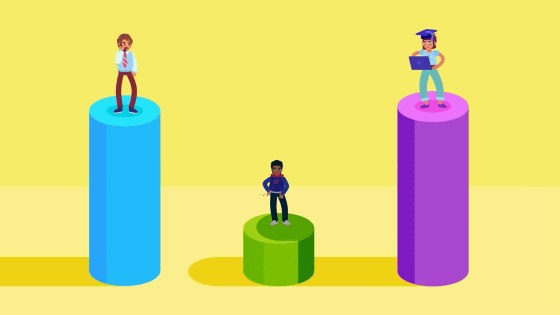
People who have had fewer experiences because of marijuana may, in a sense, have had a shorter life.
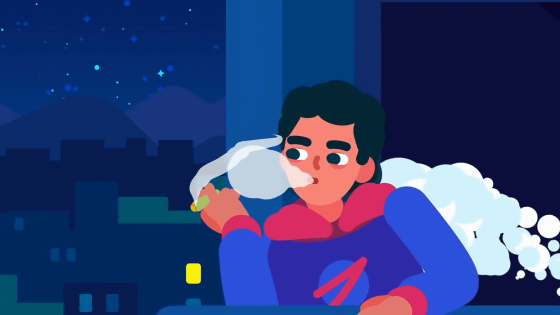
Several studies have found that long-term cannabis users are significantly less satisfied with many aspects of their lives, including motivation, pursuit of personal goals, social and romantic life, and career.
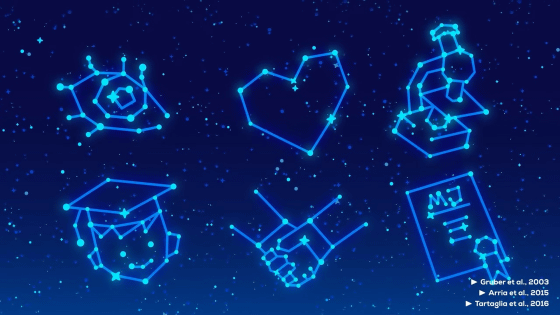
Cannabis use can lead to a life that is deprived of the joy and fulfillment it could otherwise have.
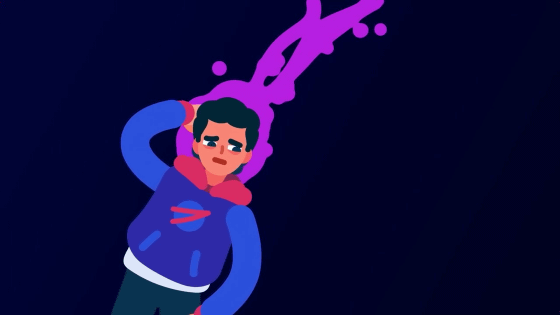
Cannabis use disorder can also have adverse mental effects. What's tricky is that when you first start using cannabis, your mental state may seem to improve.
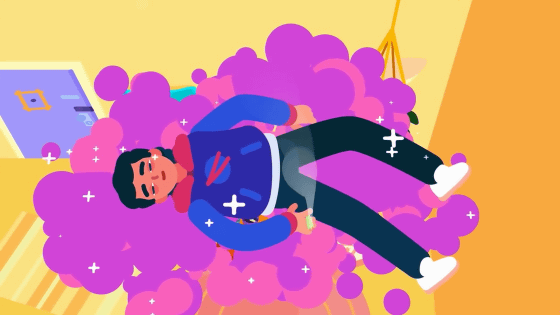
It can help ease feelings of anxiety and depression, make you feel more relaxed, and reduce feelings of loneliness.
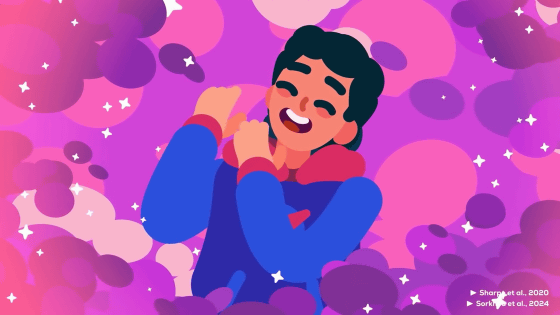
However, cannabis does affect the brain's reward system, and these effects can be reversed without the person even realizing it. It can impair the ability to regulate emotions, worsen anxiety and depression, and potentially lead to serious mental disorders.
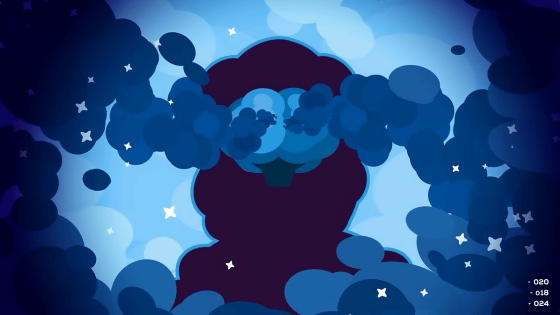
When people try to cope with these problems by using more cannabis, it can impair their ability to cope, making them more vulnerable and overwhelmed, which can lead to an inability to cope with stress and increased anxiety and depression.
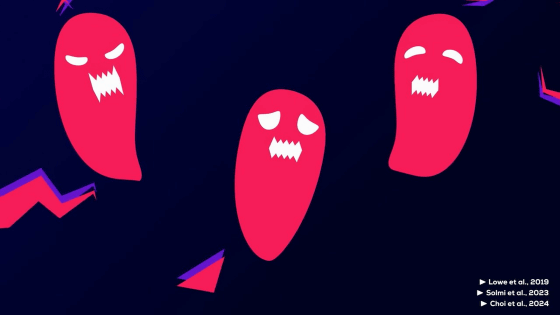
On the other hand, research has shown that people with cannabis use disorder experience significant improvements in their mental health when they stop using cannabis.
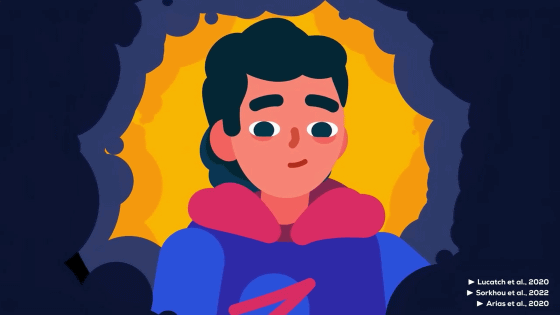
Cannabis use disorder can cause problems, such as life stagnation, social isolation, and loss of motivation, even at a young age.
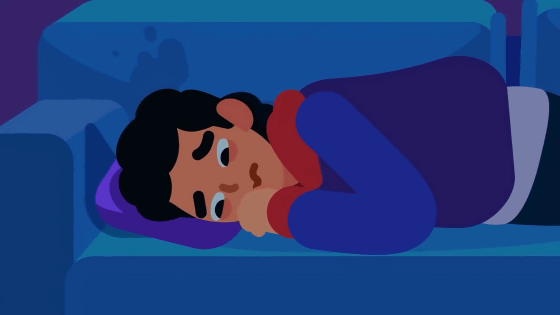
Breaking free from cannabis use disorder is never easy, but the sooner you start, the better your life will be. 'You should quit cannabis,' Kurzgesagt said.
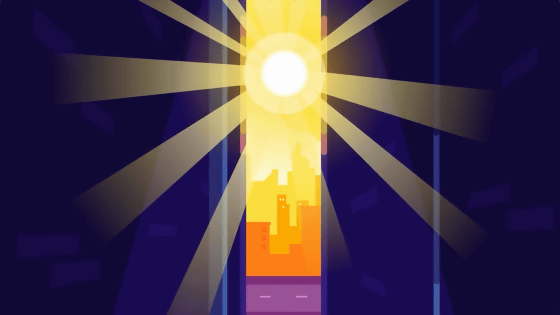
Related Posts:







